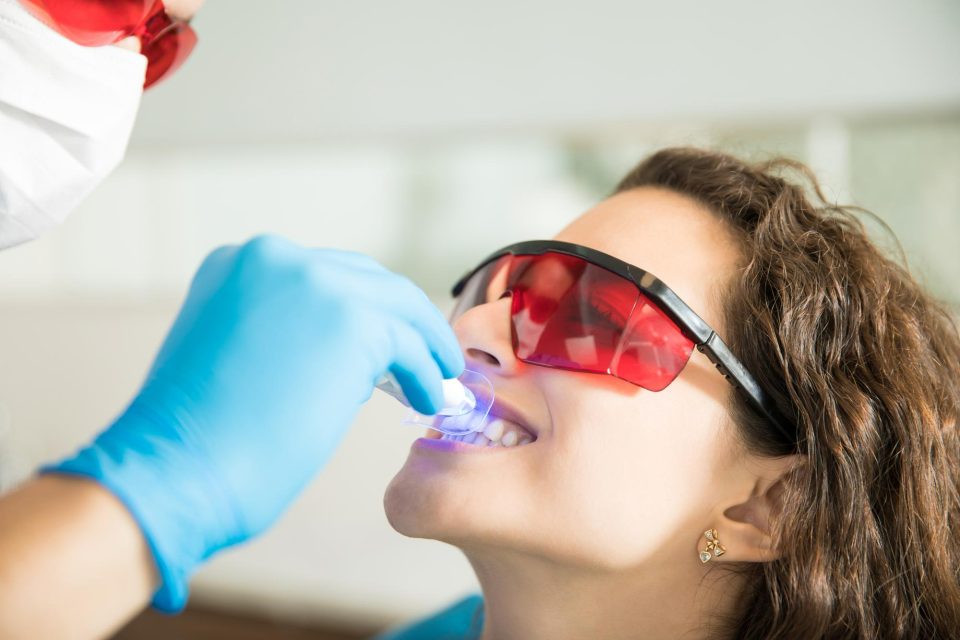
Why You Should Never Skip Your Dental Cleanings
November 23, 2024
How Smoking Stains Your Smile and What You Can Do About It
December 27, 2024
When it comes to maintaining oral health, flossing plays a crucial role in keeping your teeth and gums healthy. But with the rise of water flossers as an alternative, many people are wondering: Which is better for your teeth—traditional flossing or water flossers? Let’s break down the pros and cons of each to help you make the best choice for your oral care routine.
Traditional Flossing: The Classic Approach
Flossing has been a staple of oral hygiene for decades. Using a thin piece of string, you can remove food particles and plaque from between your teeth and along the gumline.
Pros of Traditional Flossing:
- Precision Cleaning: Flossing allows you to scrape plaque directly from the sides of your teeth and under the gumline.
- Cost-Effective: Dental floss is inexpensive and widely available, making it accessible for everyone.
- Portability: A small roll of floss is easy to carry and perfect for on-the-go cleaning.
Cons of Traditional Flossing:
- Technique-Dependent: Proper technique is essential for effective cleaning, and many people struggle to floss correctly.
- Time-Consuming: Flossing can take longer than using a water flosser, especially if you have braces or dental work.
- Gum Sensitivity: Improper flossing can cause gum irritation or even bleeding.
Water Flossers: The Modern Solution
Water flossers, like the popular Waterpik, use a steady stream of water to clean between teeth and along the gumline. They’re especially popular among people with braces, bridges, or other dental appliances.
Pros of Water Flossers:
- Ease of Use: Water flossers are user-friendly and ideal for those who find traditional flossing difficult.
- Gentle on Gums: The water stream is gentle, reducing the risk of gum irritation or bleeding.
- Ideal for Dental Work: If you have braces, crowns, or implants, water flossers can effectively clean hard-to-reach areas.
Cons of Water Flossers:
- Cost: Water flossers are more expensive upfront compared to traditional floss.
- Bulky Design: They require electricity or batteries, and their size makes them less portable.
- Less Direct Contact: Water flossers may not remove sticky plaque as thoroughly as traditional floss.
Which Is Better for You?
The best choice depends on your individual needs and preferences. Here are a few factors to consider:
- For Healthy Gums and Teeth: Traditional flossing is highly effective when done correctly and consistently.
- For Sensitive Gums or Dental Work: A water flosser may be more practical and comfortable.
- For Maximum Effectiveness: Using both methods can provide comprehensive cleaning and ensure optimal oral health.
The Verdict
Both traditional flossing and water flossers have unique benefits, and the choice ultimately depends on your oral health needs and lifestyle. The most important thing is consistency—whether you prefer the tried-and-true method of flossing or the innovative approach of a water flosser, make it a regular part of your dental care routine.
At i-Dentist, we’re here to help you make the best decisions for your oral health. During your next visit, our team can guide you on proper flossing techniques or help you choose the right tools to keep your smile healthy and beautiful.
Book your appointment with i-Dentist today, and let’s work together to achieve your best oral health!



